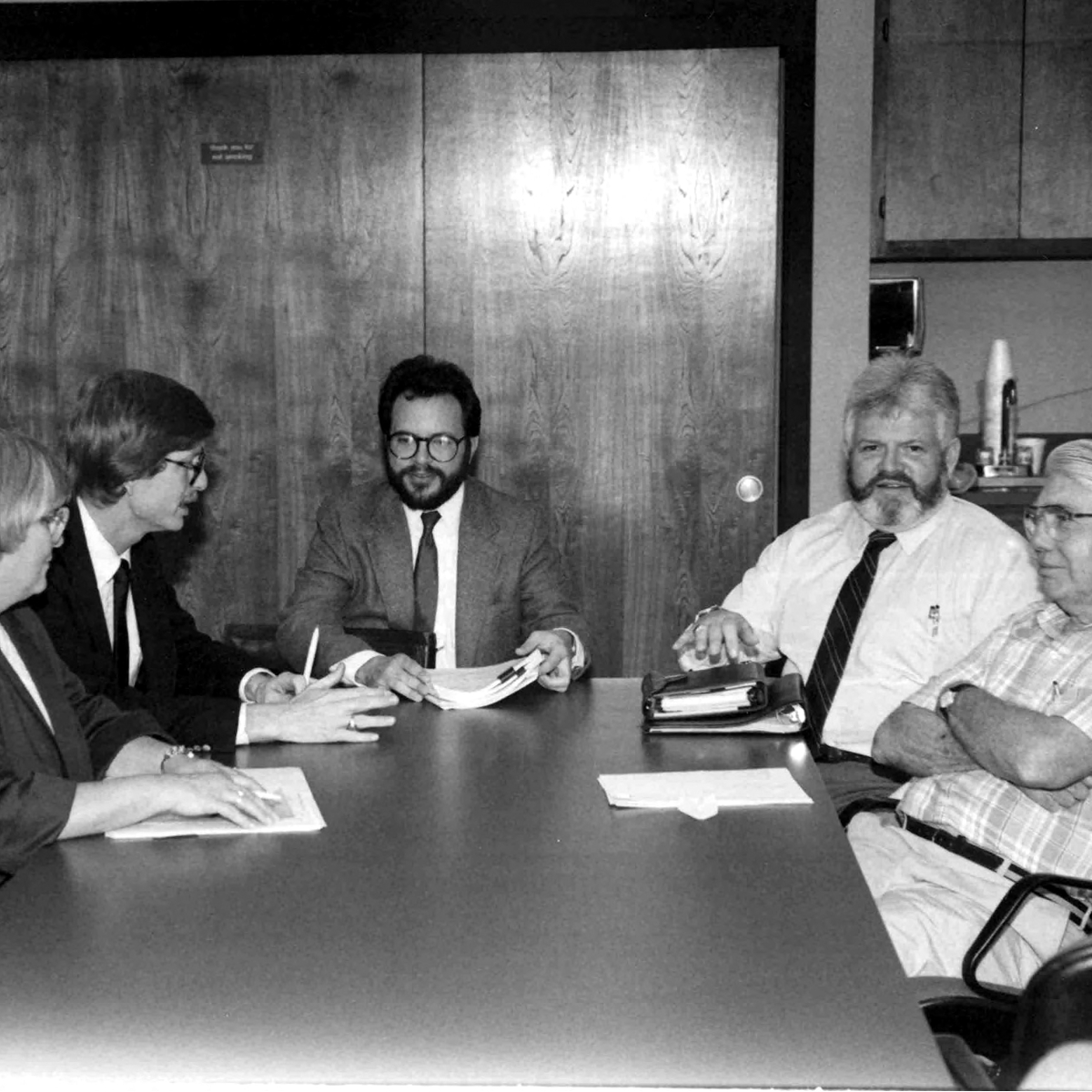Voters to Decide on City Spending
Voters to Decide on City Spending

On April 8, the voters of the city of Pleasanton will be asked to approve the expenditure of an estimated $14.7 million by the city over the next four years. On the ballot, it will appear as Measure B.
This special election is the result of the city's reaching its expenditure limitation. That limitation was created by Paul Gann's Proposition 4 passed by California voters in a special statewide election held on November 6, 1979.
Proposition 4 added Article XIIIB to the California Constitution. This article places spending limits on state and local governments and is intended to serve as a deterrent against constantly escalating government spending.
The spending limits are based on the amount of money spent by local governments in 1978. The limits can be raised if there is an increase in the "cost of living" and/or population.
Most cities will never be faced with the dilemma of having more revenues than their Prop. 4 limit allows. But, according to Chairman Harvey Levine of the "Yes on B Committee", "... cities like Pleasanton which have experienced phenomenal commercial and business park growth, as opposed to residential growth, have or will soon reach their expenditure limitation."
The drafters of Prop. 4 did not consider commercial and industrial growth. Pleasanton has seen gradual population and residential growth, but more rapid commercial growth. That commercial growth has generated tremendous revenues for the city. But the city is prevented from spending those revenues because its growth does not fall in the categories created by Prop. 4.
What Proposition 4 did create was a provision for a special election when a city reaches its spending limitation. Pleasanton reached its Prop. 4 ceiling this year, so the city council has called a special election.
The voters will be given a chance to vote on spending the excess revenues. However, the proposition allows voters to decide only on expenditures for a four-year period, in this case, for 1985-1988.
So, what it comes down to is this, will the voters of Pleasanton vote to allow the city council to expend the estimated $14.7 million in excess revenues over the next four years? Or will they vote against Measure B, thereby requiring the city to return, by revising property tax rates, those excess revenues?
If the voters reject Measure B, Levine emphasizes that this would not mean each homeowner would receive a windfall check in the mail. "Instead, the bulk of the taxes would be returned to major property taxpayers such as large landholders and developers, if that approach is taken." Or the city could opt to lower fees and other taxes.
Most residents of Pleasanton seem to feel that the community can benefit from the monies generated by recent commercial growth. Already people are talking about some of the beneficial ways the money can be spent to enhance life in Pleasanton.
In the next issue of Pathways, we will explore some of the possible uses for the revenues and talk to some of the citizens spearheading the Measure B effort and heading up committees researching projects which can benefit from the funds.
*Note: this is the first of two articles on the special election to be held in Pleasanton on April 8 which will place Measure B on the ballot for voter approval.
To see a reproduction of the original article and edition of Pleasanton Pathways, visit: March 10, 1986 Pathways.




